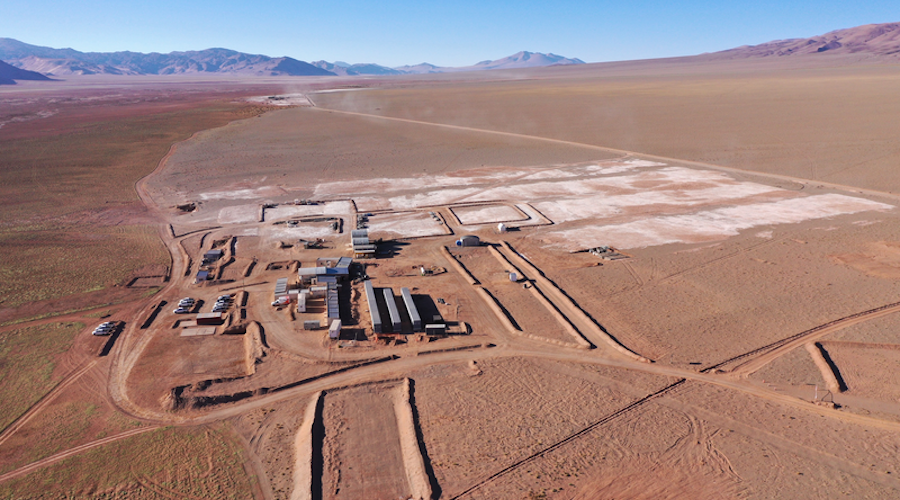
Eramet will go ahead with plans to add more capacity in Argentina for the battery mineral lithium and aims to double nickel mine output in Indonesia, in an investment push it sees withstanding a faltering global economy.
The French mining group forecast on Monday capital expenditure of about 1.9 billion euros ($2.03 billion) over 2024-2026, an increase in annual investment from 550 million euros expected this year.
“These investments are being made in areas with very high growth,” Christel Bories, Eramet’s chair and CEO, told Reuters. “Lithium is not tied to world economic growth, it’s tied to the development of batteries and the energy transition.”
The group said it had approved a second phase for its Centenario lithium project in Argentina to produce about 30,000 metric tons annually of lithium carbonate equivalent (LCE), on top of the 24,000 tons targeted in a first tranche that will enter production in the second quarter of 2024.
As well as studying a possible third tranche at Centenario, the firm is exploring the nearby Arizaro deposit, Bories said before Eramet’s first capital markets day.
Eramet is developing Centenario with Chinese steel giant Tsingshan. A $400 million deal with Glencore to market lithium from the project’s first stage will mostly cover Eramet’s financing needs for the next tranche, Bories said.
In Chile, meanwhile, the group said it had acquired for an initial $95 million a 120,000-hectare lithium concession in the Atacama region.
Eramet wants to bring output at Weda Bay in Indonesia, the world’s largest nickel mine that it also operates with Tsingshan, to 60 million wet metric tons in 2026 from 30 million anticipated this year.
The group aims to process some of the Weda Bay ore into battery-grade nickel and cobalt in a joint venture with German chemical group BASF, with a decision due next year.
It also plans to increase ore output in Gabon, where it operates the world’s largest manganese mine, to 8.5 million tons in 2026 from about 7 million expected in 2023, mainly through improvements to a rail transport link.
The competitiveness of its top mines and the sale of less profitable metallurgical businesses allows Eramet to invest in a weaker cycle marked by economic uncertainty in commodity powerhouse China, Bories said.
“The outlook for 2024 is not very favourable,” she said. “But despite the very sharp fall in metal prices we are managing to hold up.”
However, in New Caledonia its nickel subsidiary SLN remains in financial difficulties, and has entered another court conciliation process after using up the latest loan from the French government, Bories said.
With Eramet refusing to inject more money into SLN and Glencore only providing funding to end-February for the Koniambo Nickel SAS (KNS) operation it co-owns, the authorities need to agree measures in the coming weeks to salvage a nickel industry depleted by energy costs and political tensions, she said.
(By Gus Trompiz; Editing by Charlotte Van Campenhout and Louise Heavens)
Comments